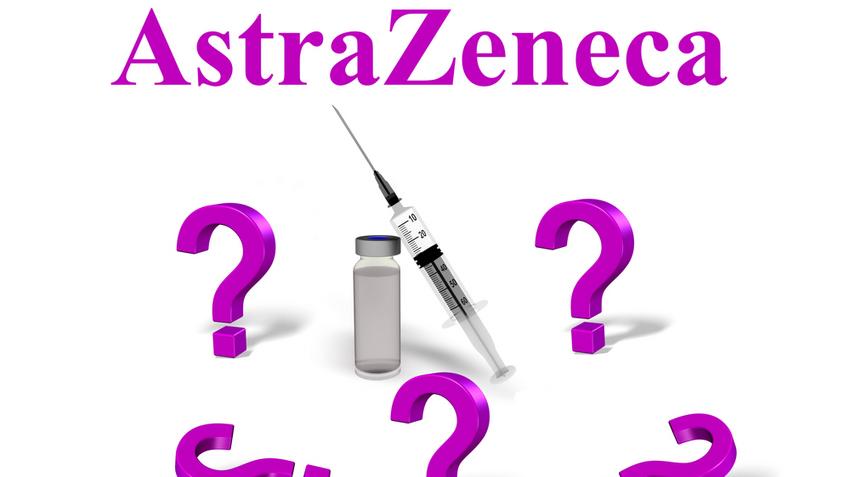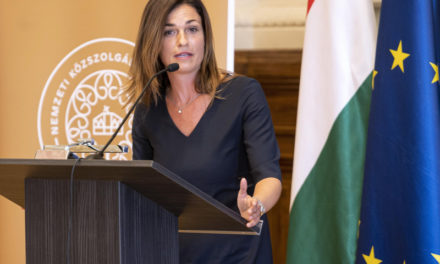The EU does not claim the 300 million extra doses of AstraZeneca and Johnson & Johnson's vaccine, they want to replace the missing doses with Pfizer/BioNTech vaccine.
A source speaking anonymously to the Reuters news agency mentioned among the reasons that the Brussels body wants to abandon the vaccines in connection with which very rare cases of blood clot formation have been reported, and also wants to keep a certain distance from the British-Swedish company AstraZeneca, which is hindering the supply of vaccines to EU member states citing production problems.
On October 8, the Brussels committee concluded an agreement with the Johnson & Johnson company on the purchase of 200 million doses of vaccine,
with the option to purchase an additional 200 million doses. The agreement signed with the pharmaceutical company AstraZeneca on August 14 deals with the purchase of 300 million doses of vaccine against the coronavirus with a clause that allows EU member states to purchase at least 100 million additional doses of vaccine.
The EU does not risk the formation of rare blood clots either
According to the official, the EU commission expects that Pfizer/BioNTech's coronavirus vaccines will be enough to vaccinate at least 70 percent of the European population by the end of the summer.
"To achieve the goal, the extra doses included in the clauses of the contracts between Johnson & Johnson and AstraZeneca are not needed," he said.
In his opinion
the additional agreement concluded on April 14 with the European Commission and Pfizer/BioNTech companies can ensure the achievement of the goal,
which is about speeding up the delivery of their vaccine against the coronavirus. According to the agreement, the pharmaceutical companies will deliver an additional 50 million doses of their vaccine in addition to the 200 million doses included in the vaccine procurement contract, starting in April, he reminded.
1.8 billion doses of new generation vaccine are coming to Europe
The European Commission has also started negotiations with Pfizer/BioNTech on the extension of the contract for the procurement of their vaccine developed against the coronavirus until 2023. This is now the third contract
It will require delivery of 1.8 billion doses of second-generation vaccine in 2022 and 2023
he added.
The EU official pointed out: by the fact that the Union does not claim the additional doses included in the clause of the contract with the two mentioned companies, the member states can put pressure on the pharmaceutical companies to fulfill their contractual obligations. Additional doses included in the clause can be requested later, he said.
CureVac and Sanofi-GSK vaccines add color to the portfolio
He added that the European Commission is conducting further negotiations on the procurement of booster vaccines, as well as the procurement of vaccines against new variants of the coronavirus, with all vaccine manufacturers included in the EU vaccine strategy, so
it is too early to say that the union will exclude AstraZeneca and Johnson & Johnson from future contracts.
In addition to Johnson & Johnson (400 million doses) and AstraZeneca (400 million doses), the union has so far included BioNTech-Pfizer (600 million doses), Moderna (460 million doses), CureVac (405 million doses) and Sanofi - GSK (300 million doses) signed contracts for vaccine procurement with companies.
MTI
Cover image: egeszsegkalauz.hu













